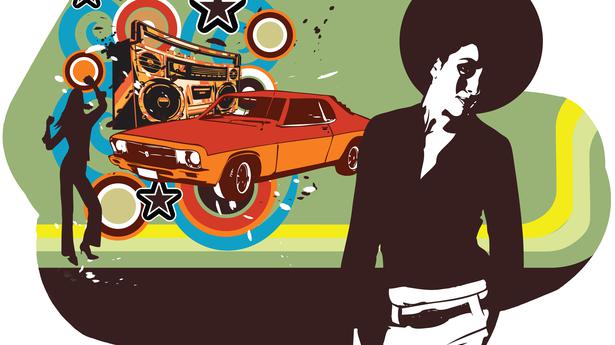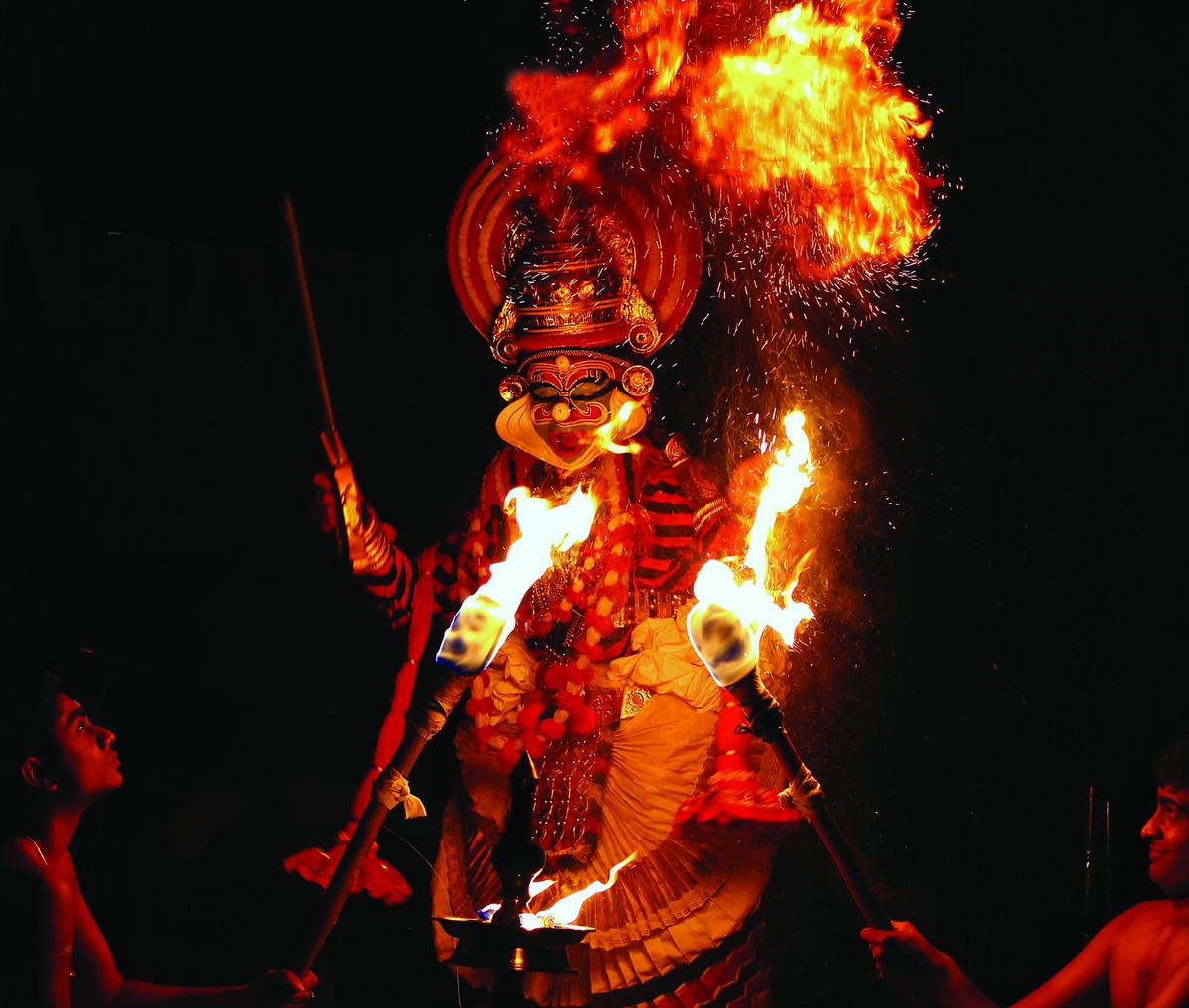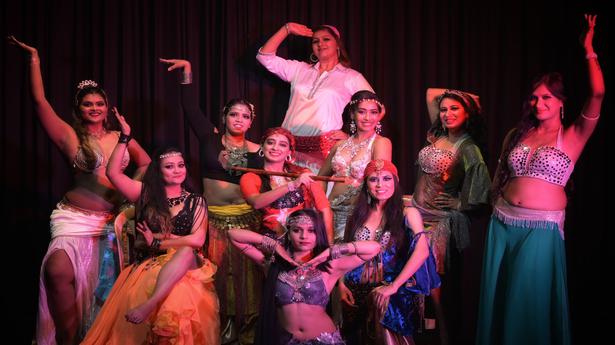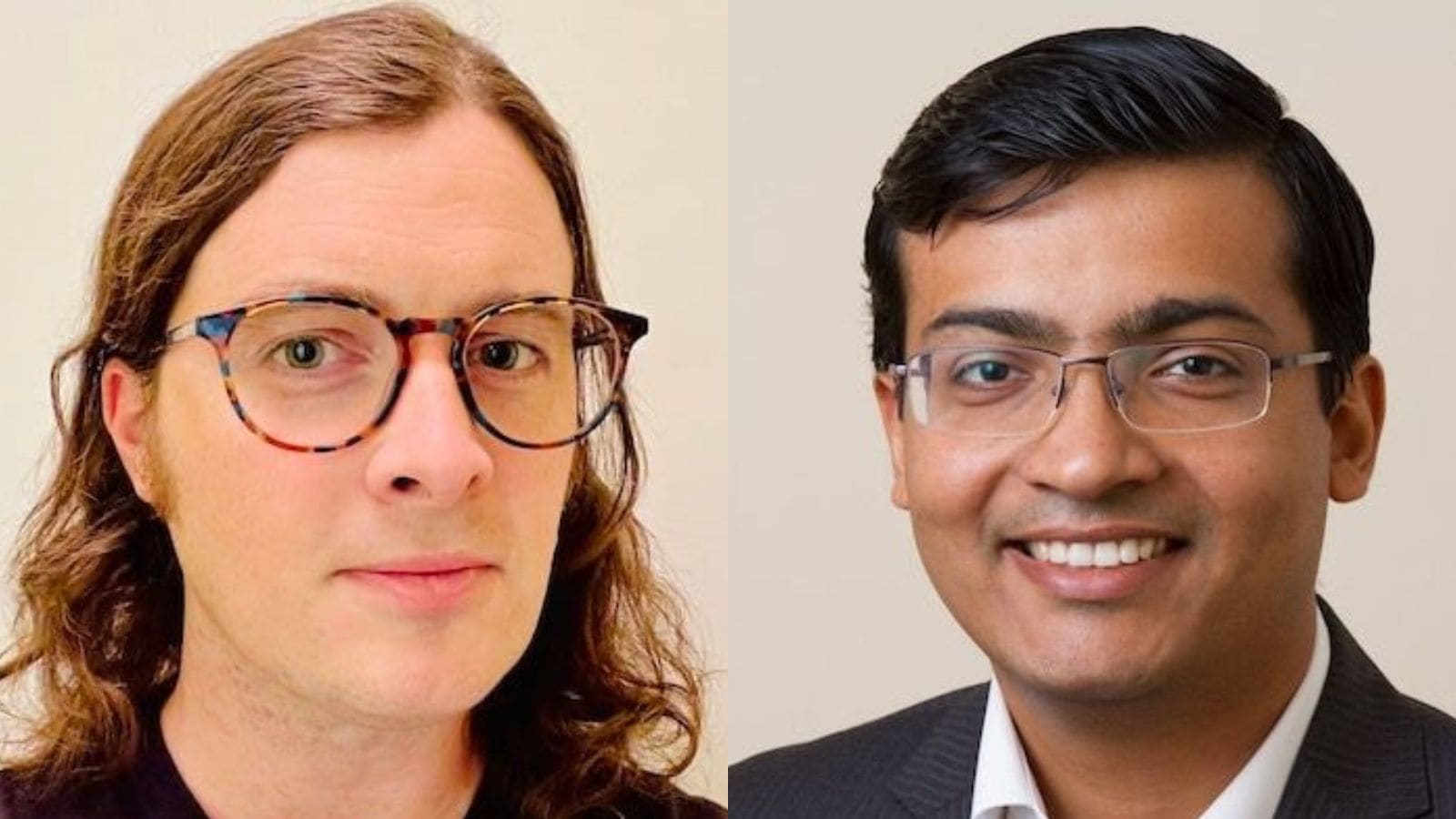‘Popular radio programme ‘Listeners’ Choice’ must have been the first attempt on our part to westernise ourselves’
‘Popular radio programme ‘Listeners’ Choice’ must have been the first attempt on our part to westernise ourselves’
If you were from Madras of a particular time, of a certain age, and belonged to a specific socio-economic background, your introduction to western music had to be through the prism of the Anglo-Indian.
I speak of children belonging to middle-class households of the mid-70s, from families that didn’t own turntables, and for whose desperate, impressionable ears, radio was the sole supplier of music from both within and beyond the borders.
The western pop music primer of the 70s was Listeners’ Choice, a popular radio programme broadcast on Saturday evenings and Sunday afternoons. And the maximum requests came from young Anglo-Indian men and women.
While one would assume that the 70s belonged to Deep Purple, The Stones, Bob Dylan, The Doors and the timeless strains of the freshly dismantled Beatles, thanks to the impassioned and persistent postcards, written in convent-perfected cursive no doubt, of the Cedrics, Sharons, Evitas and Winstons of St. Thomas Mount, Perambur and Arakkonam, our earliest musical influences from Western shores were Carole King, Daliah Lavi, Wanda Jackson, Nana Mouskouri, Tom Jones, Neil Diamond, Tony Orlando and Dawn, The Partridge Family, CCR, The New Seekers, Sonny & Cher, and the most inevitable of them all, The Osmonds: Donny, Marie and syrupy little Jimmy (with his bathetic Mother of Mine), working as a tag team. With the venerable Jim Reeves making appearances every now and then. And above all, the two Anglo-Indian boys from Madras and Lucknow who’d made good, Messrs Engelbert Humperdinck and Cliff Richard.
A bi-weekly radio experience
Listeners’ Choice and pop music, when I think about it now, must have been the first attempt on the part of my sisters and myself to ‘Westernise’ ourselves. It appeared like music would do what films and books couldn’t fully do. Father and grandfather were evidence. Both of them read English literature, though very different kinds, and were keen aficionados of Hollywood fare. Yet both of them remained stubbornly, quintessentially Telugu. Thaatha wore a lalchi and pancha and wrote exclusively in Telugu. Dad did wear trousers and a shirt, tucking the tails in and putting on shoes on occasion mainly to impress us, but was still unapologetically Golt. Music, an uninterrupted diet of what the Anglo-Indians prescribed, we possibly thought, would be the X factor that would cleanse us of our hitherto annoyingly ineradicable Goltihood, and turn us into cool Westerners like our cousins from two streets away.
Our favourite radio compere was the smooth as silk, warm as milk Rupert Benjamin. When he spoke, it felt like he was speaking directly to the Devulapalli progeny. Our biweekly radio experience, huddled around grandfather’s refurbished Bush from the 50s, instantly went up a notch when it was presented by Rupert.
‘ And now,’ went the typical request, ‘ for the listening pleasure of Michelle, Sylvester and Baby Gladys from Tambaram, also Suraj and Nita from Haddows Road, and Marakadam, Tamilselvi and Karthi from Kodambakkam, and, last but not least, Simon, Letitia, Ambrose, not to forget Grandma and Grandpa Briggs from Chromepet — with special birthday wishes to Cousin Desirée who turns Sweet Sixteen today — we bring you Tony Orlando and Dawn’s ‘Knock Three Times’…’
70s American pop group Tony Orlando and Dawn.
| Photo Credit: Wiki Commons
But it wasn’t like we blindly — or rather, deafly — agreed with all their choices.
Jim Reeves and his ‘I’ll Fly Away ’ was a favourite unfavourite. Our liking for the song was inversely proportional to its popularity. There was a time when this song had become a Listener’s Choice inevitability, to be outlasted or outwitted on a weekly basis. Why would a song in Gentleman Jim’s lachrymose baritone about liberating oneself from the prison bars of life to reach god’s celestial shore be that popular on a Saturday night when glamorous Anglo-Indian couples were reputed to dance with gay abandon around the radio, I couldn’t imagine. For us , ‘I’ll Fly Away’ became what the Telugus had dubbed the uchcha paata to demarcate those songs in films that were put in purely to facilitate pee breaks.
Another song — one we totally loved, actually — that was a Listeners’ Choice must-have was Engelbert Humperdinck’s ‘Leaving on a Jet Plane’.
What great taste!
The crescendo of our Radio Days came when the Rupert Benjamin announced, in his own voice, after what seemed like a brutally endless wait: ‘ Now for the listening pleasure of Rekha, Revathi and Krishna — known fondly at home as Bablu — we bring you Tom Jones and his ‘Letter To Lucille’.’
The postcard may have been written by my elder sister because she had the best writing. But the song had been chosen by me! Damn, we were celebrities now. All of Madras would know our names. And what great taste I had.
As I hit my teens and hormones did a hostile takeover of my faculties, from listening to what the Anglo-Indians and radio recommended, I began listening to my feet. I had discovered dancing: an inept, unintentionally epileptic interpretation of what I’d seen in Saturday Night Fever and its spinoffs, which I put to merciless use at low-budget (mostly) alcohol-free afternoon parties. These dos were organised hastily at the homes — from Tambaram to Foreshore Estate — of any friend, acquaintance or passerby whose parents had been taken away temporarily for anything from a wedding to a funeral. Almost as important as corralling at least half the number of girls as there were boys, was keeping the intrusive Madras sun out of the venue, and achieving the right shade of dark by packing windows with bulletproof newspaper. It was a time when music existed for one reason only: to dance with girls.
Fly away
As the 70s dissolved into the 80s, ABBA and Bee Gees held sway in T. Nagar and its surrounding suburbs. A couple of cassettes each was all one needed for a medley of romance and rhythm till the parents of the host returned to shoo us away. Between the two bands, they had enough fast numbers to warm up with, and an equal measure of slow numbers to cool down to (metaphorically speaking only). To the latter, we slow danced — which was really what it was all about — awkwardly, in sweat-soaked shirts, sporting stupid grins and ill-concealed bad intentions with the more courageous girls in the group.
When the Maruti 800 arrived with its built-in music system, someone figured that St. Thomas Mount was an ideal place for impromptu dance parties. With the stereos on, the boot open, while the boys took turns dancing with the limited number of partners available, the ones waiting their turn kept vigil to see if either the constabulary or the locals were on their way to poop our parties. It was on one such night, as I slow danced with a lovely girl to Air Supply, the airport lights blinking in the distance, that something struck me.
I figured why ‘I’ll Fly Away’ and ‘Leaving On A Jet Plane’ had been such favourites of the Anglo-Indians in the heyday of the radio. They were both about goodbyes, and that’s what they were preparing to do. Fly away, leave on jet planes, not knowing when they’d be back again — as the lyrics went — to Australia, the U.K., and New Zealand. And leave us all poorer.
The writer is a novelist, columnist and screenwriter.







